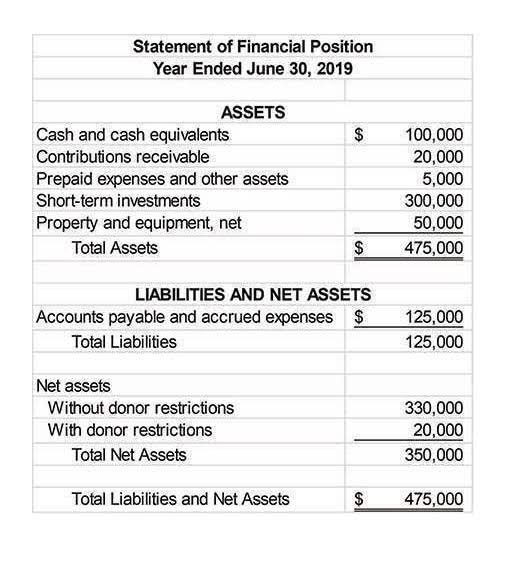
Investors who are following an income-producing strategy tend to favor dividend-paying stocks, government and corporate bonds, and real estate investment trusts (REITs). In addition to dividend yield, another important performance measure to assess the returns generated from a particular investment is the total return factor. This figure accounts for interest, dividends, and increases in share price, among other capital gains. Firstly, let’s talk about BRE’s impressive dividend yield, currently around 9.2%. This level of yield is hard to come by, especially from a dividend stock with steady cash flow in an established market. With a dividend payout of $0.1125 per share, BRE provides consistent income for shareholders.
Dividend-paying companies

A company often issues a special dividend to distribute profits that have accumulated over several years and for which it has no immediate need. Dividends can be paid out in cash, or they can come in the form of additional shares. The investing information provided on this page is for educational purposes only.

What Is a Dividend Checking Account?

These traits make REIT stocks attractive choices for investors who want reliable dividend income and high yields. REITs offer an average dividend yield of 3.8%, more than double what you might get from an S&P 500 fund. REITs focusing on certain sectors, like mortgages, may even offer higher yields. A real estate investment trust (REIT) owns or operates income-producing real estate.
More on Investing Articles
- Dividends are primarily paid to investors as cash, but some companies allow the dividend payment to be reinvested as additional partial stock in the company.
- The dividend yield can be a valuable indicator to compare stocks that trade for different dollar amounts and with varying dividend payments.
- It’s also less likely that such a firm would cut dividends (even during severe economic downturns).
- This way, you can follow current news related to those businesses without searching for them.
- In this example, the share price is $32, and the firm distributes $1.75 per share.
- That’s caused a bit of volatility in the share price, but I reckon the business will adapt without affecting the stock much in the end.
Gordon Scott has been an active investor and technical analyst or 20+ years. Get stock recommendations, portfolio guidance, and more from The Motley Fool’s premium services. Get expert tips, strategies, news and everything else you need to maximize your money, right to your inbox. Many, or all, of the products featured on this page are from our advertising partners who compensate us when you take certain actions on our website or click to take an action what is a dividends account on their website.
- We recommend that you review the privacy policy of the site you are entering.
- The second thing to consider is why BT looks like a turnaround opportunity.
- Getting in early means investors can buy more shares and eventually earn more dividends.
- You could lose money in sterling even if the stock price rises in the currency of origin.
- For 2022, those rates are 0%, 15%, and 20%, depending on your income level.
- The dividend is paid to anyone who is registered as an owner of the company’s shares on that date.
Different Types of Dividend Payments

Choosing a high-yield account will ensure that your money is liquid while still earning passive income that you can use later in retirement if you need it. Earning dividends on your savings has the potential to contribute to each of these goals. At Addition Financial, we get these questions a lot and it’s important for both current and prospective members to understand the answers to how dividends work. Your dividend earnings can help you to boost your savings and maximize your money.
Investment options for dividend stocks are as varied as they are for any other stock — you can choose shares of an individual company, payroll mutual funds or ETFs. Additionally, dividend-paying companies can be seen as stable companies, while growth companies, where value comes from stock price appreciation, may be riskier. If your investment risk tolerance is low, investing in dividend-paying companies may be worthwhile.
